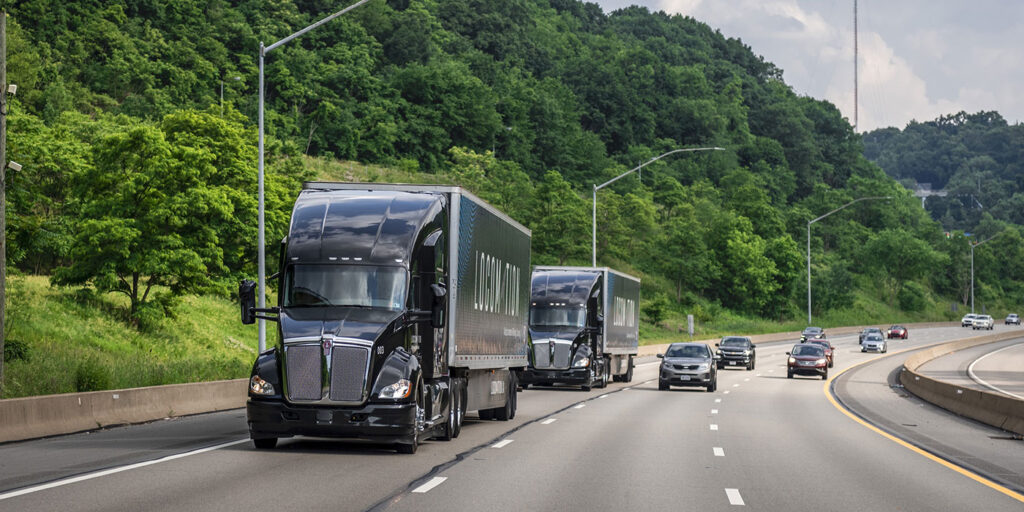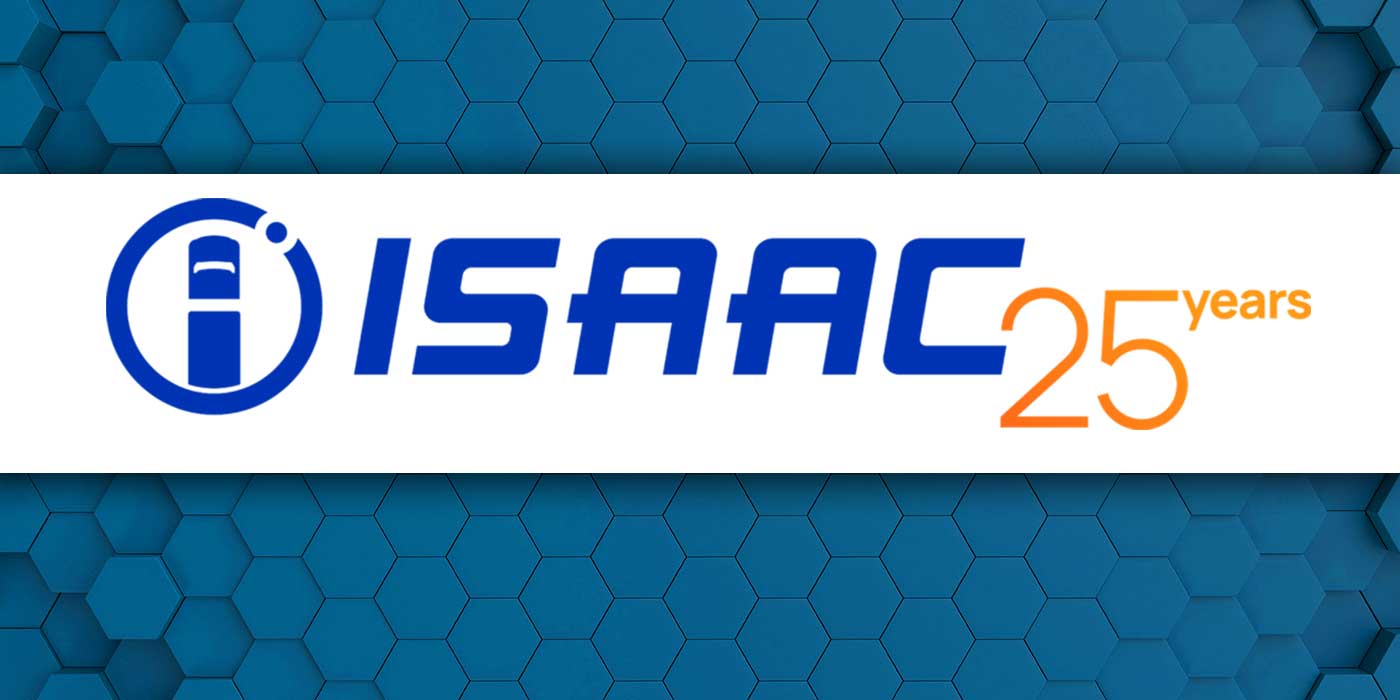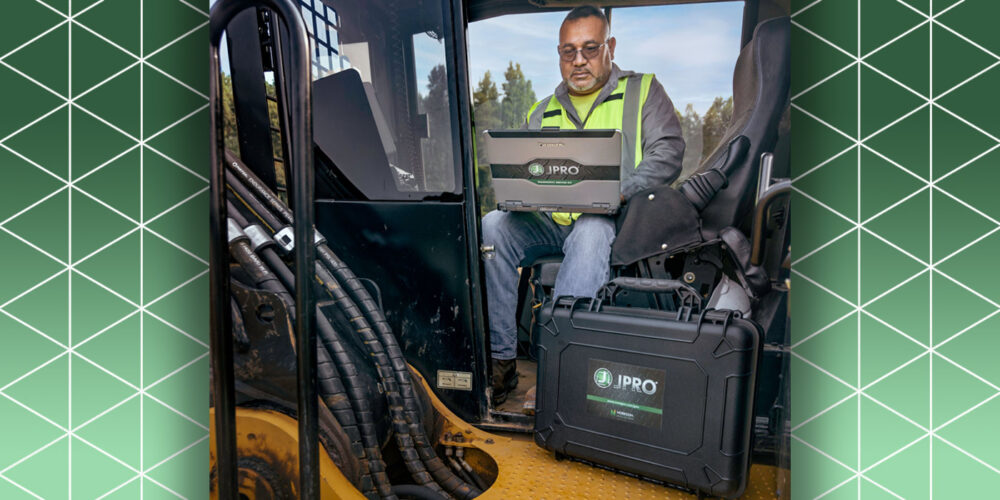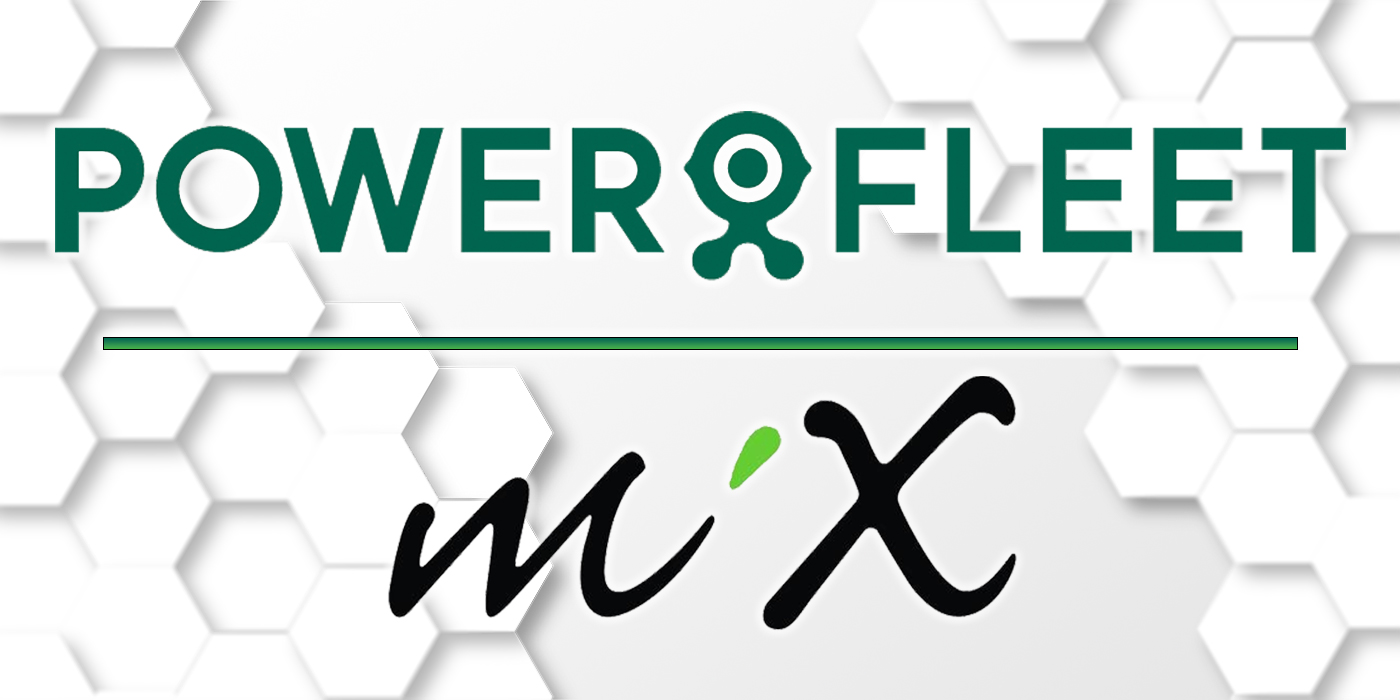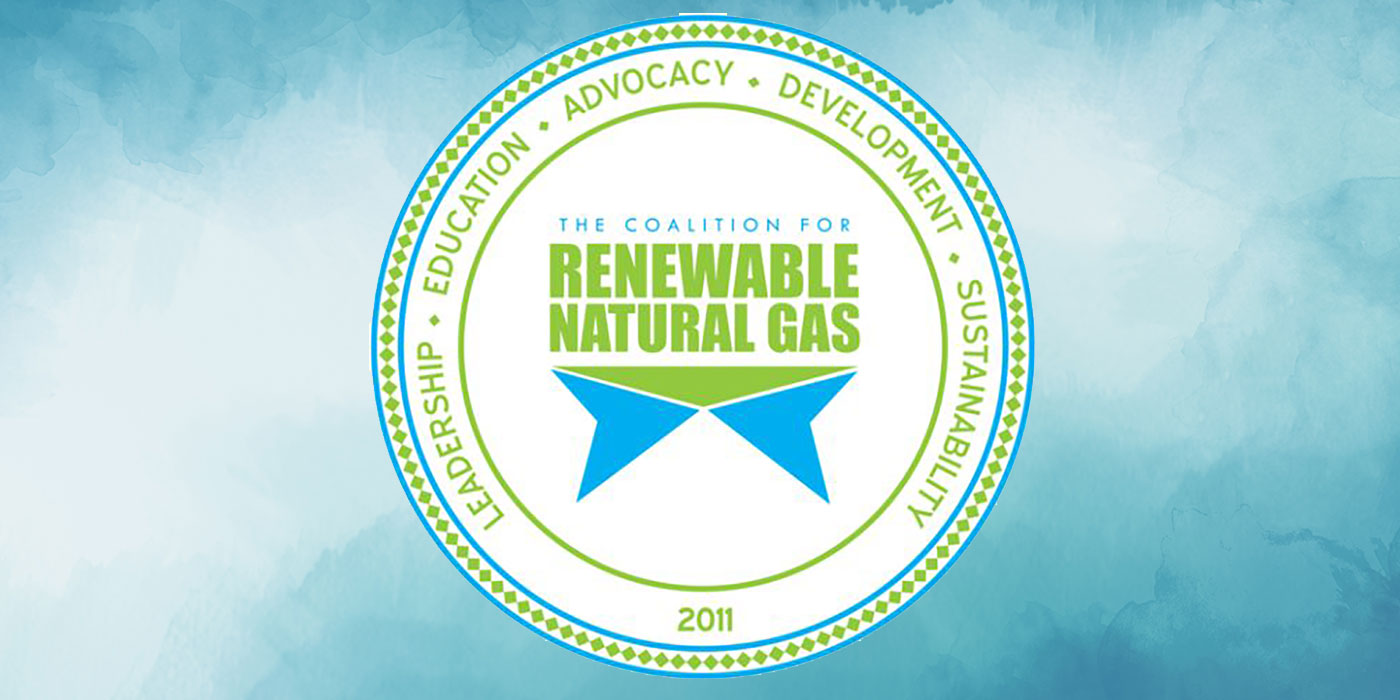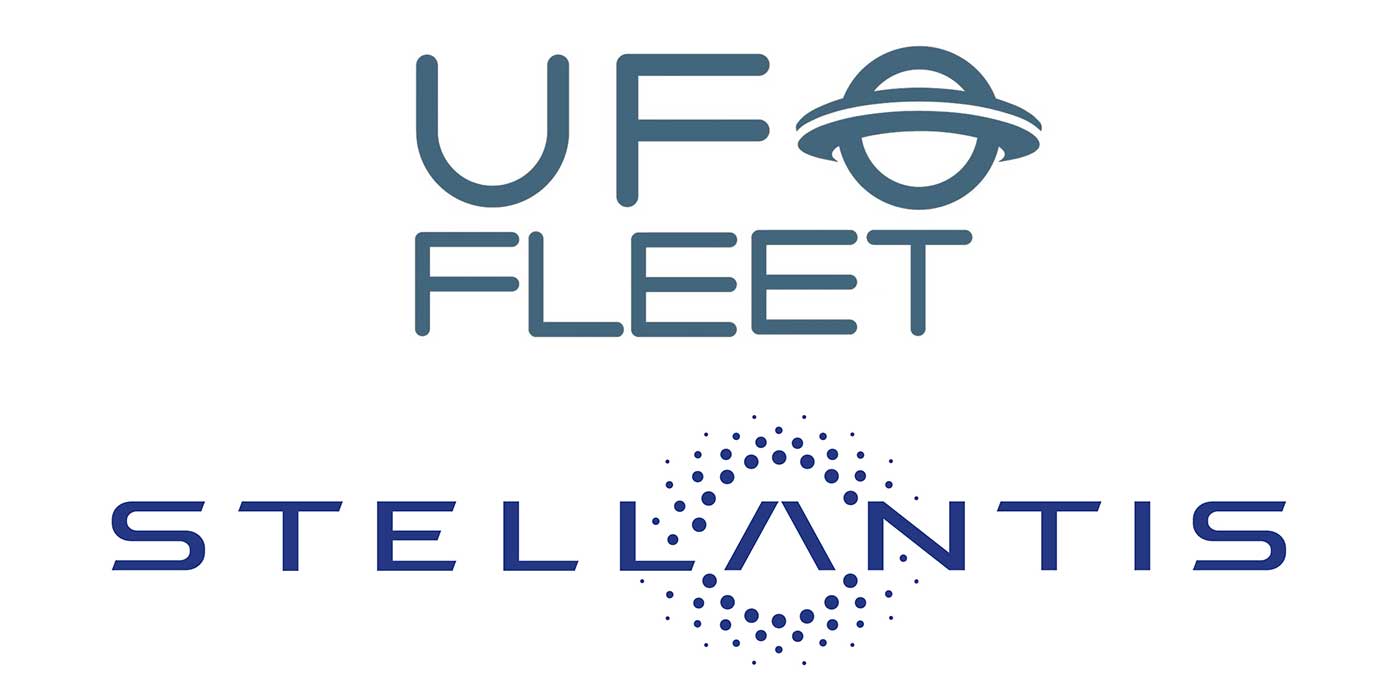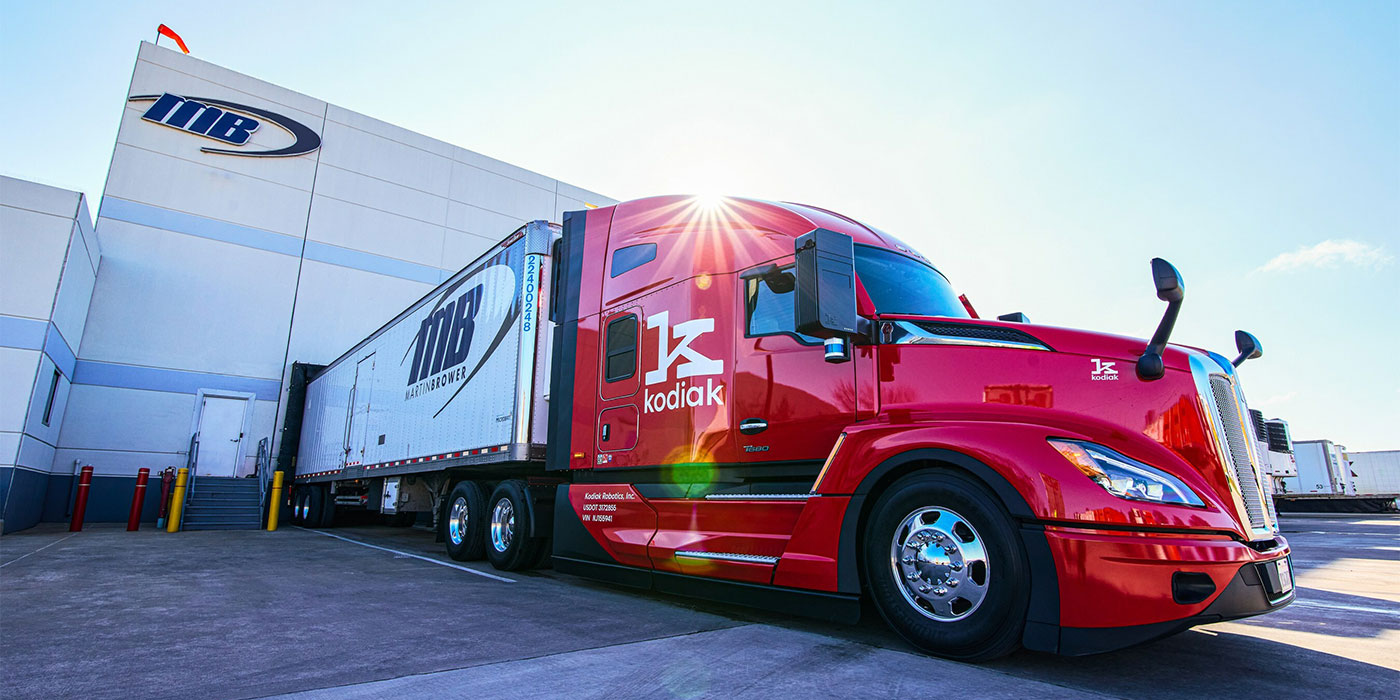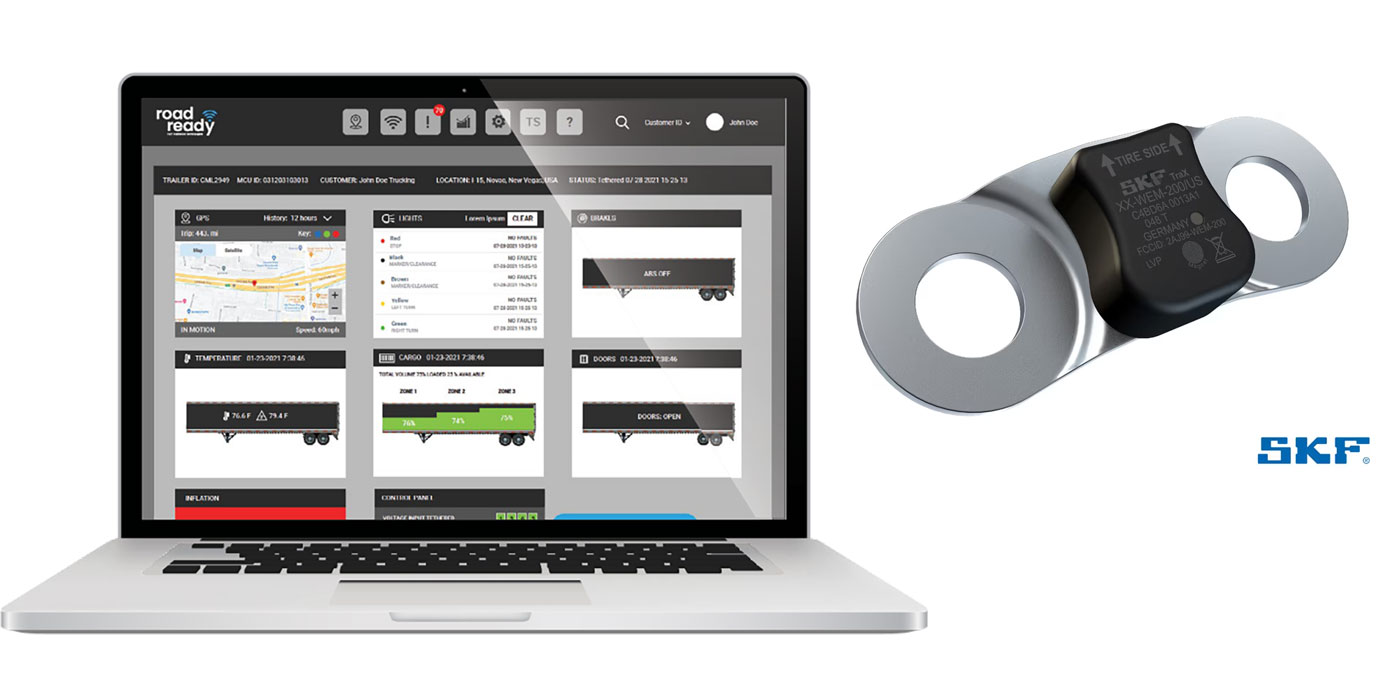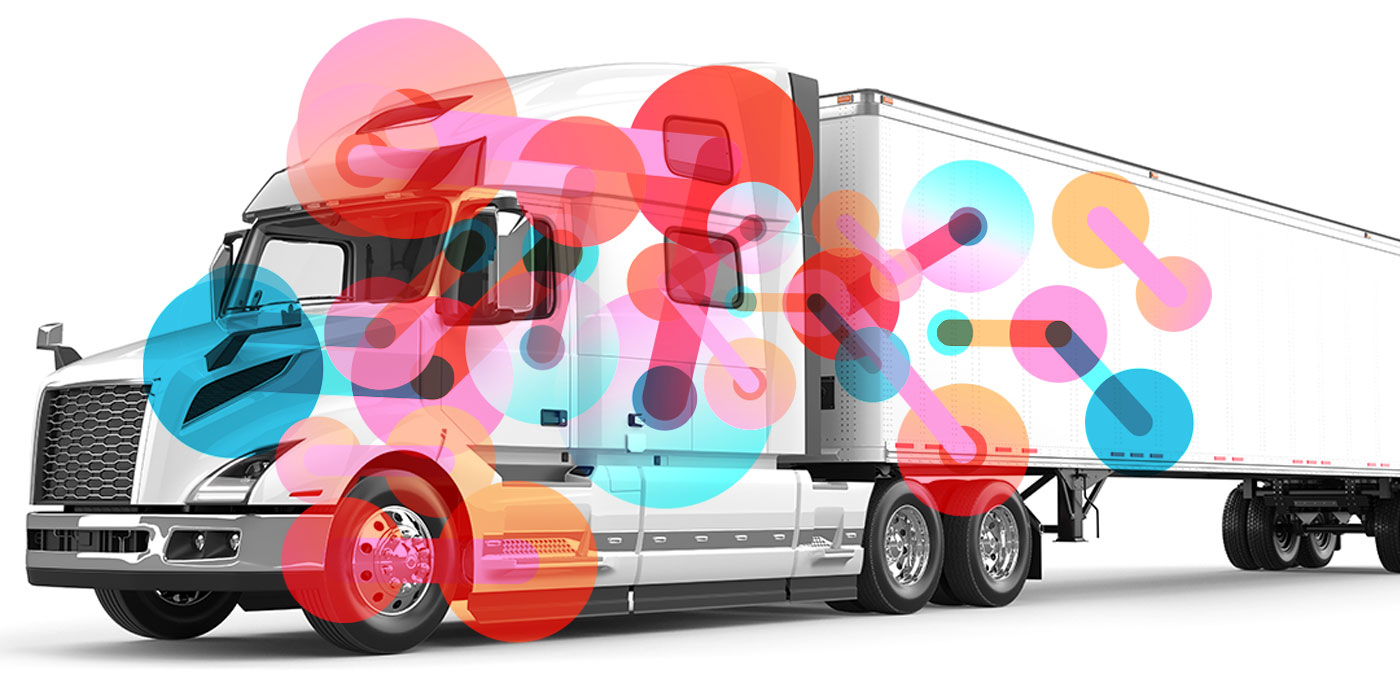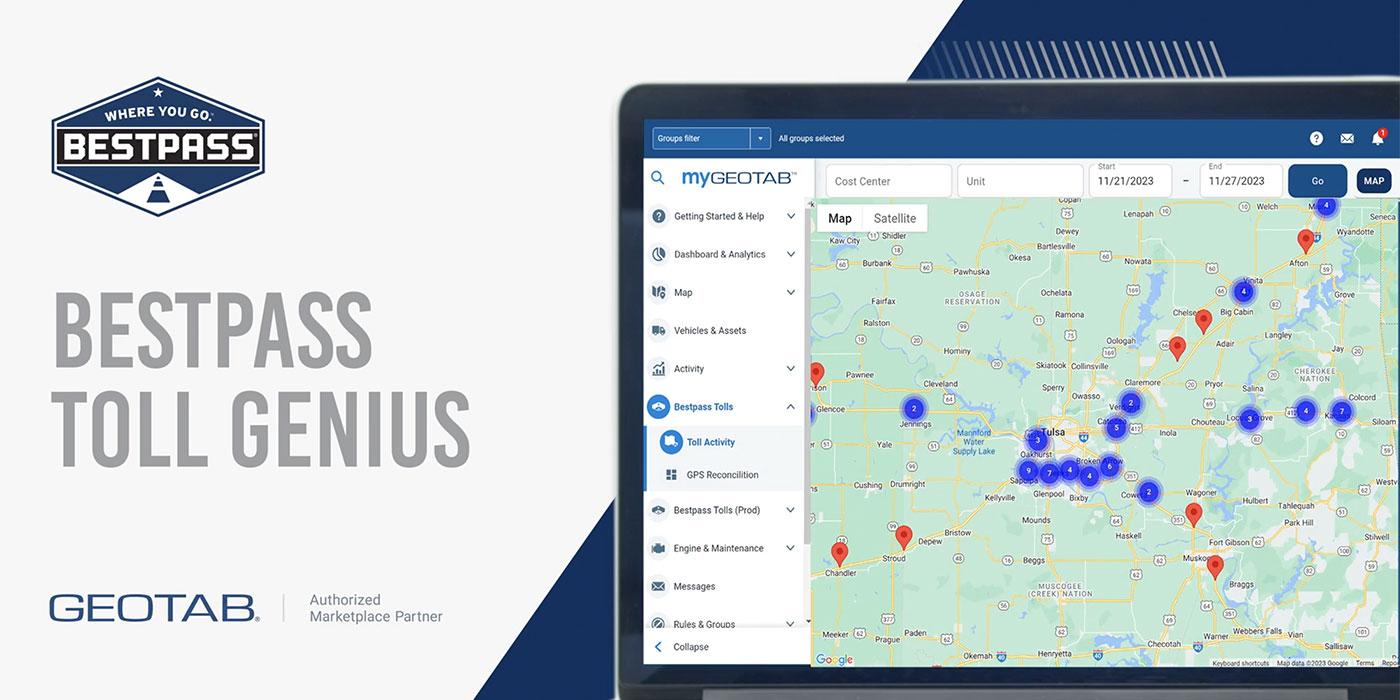In a recent press release, Locomation, provider of autonomous trucking technology solutions, highlighted the findings of an independent environmental impact evaluation that its Autonomous Relay Convoy (ARC) system will dramatically reduce the Greenhouse Gas (GHG) footprint, fuel consumption, and operating costs of transporting goods by truck.
The evaluation, by Boundless Impact Research & Analytics Inc, a firm for credible assessments of corporate environmental claims, concluded that compared to traditional Class 8 trucks, trucks equipped with Locomation’s technology would:
- Reduce the GHG footprint of freight transportation by 22%;
- Cut operating costs 19%;
- Decrease fuel consumption 21%;
- Lower photochemical Ozone formation by 22%; and
- Reduce the GHG abatement cost, or dollars per tonne of avoided greenhouse gas emissions, below any of the alternatives considered.
You can read the full report by clicking here.
These conclusions are based on the Locomation’s ARC system’s ability to reduce truck idling by up to 90% and increase fuel efficiency by 8% on average.
Locomation’s ARC system consists of two-truck convoys that are electronically tethered. The Human-Guided Autonomy solution enables one driver to operate the lead truck while a second driver rests in the follower truck, which is operating autonomously. Periodically, the trucks swap places to allow each driver to take turns leading and resting in compliance with U.S. Department of Transportation Hours-of-Service regulations. Locomation enables carriers to safely operate two trucks for 20-22 hours per day, delivering double the cargo, faster and twice the distance.
The environmental impact evaluation utilized a Life Cycle Assessment (LCA) method that assessed the Scope 1, 2, and 3 GHG emissions of Locomation’s ARC technology. LCAs are recognized as far more rigorous than other reporting methods, the company stated.
Boundless researched and modeled the material, energy, and performance characteristics for Locomation’s ARC system based on detailed information provided by Locomation that described the material components and energy consumption impacts, and labor, and cost implications. At the core of the methodology is an LCA model for the transportation of goods by a long-haul Class 8 truck carrying 1 tonne of goods for 1 kilometer (tkm) on a highway, the press release noted.
The Boundless Impact Score is a summary of the five Environmental Key Performance Indicators listed above. Locomation scored best in each EKPI compared to the alternative technologies listed in the report. As a result, Boundless awarded Locomation its highest possible score for positive environmental impact, a ten out of ten (10/10) on per-unit impact.
Locomation is preparing to be the first autonomous trucking technology company to safely, legally, and routinely engage in commercial operations at scale in the United States with its ARC system starting in late 2022 with Wilson Logistics and following with PGT Trucking in 2023.

